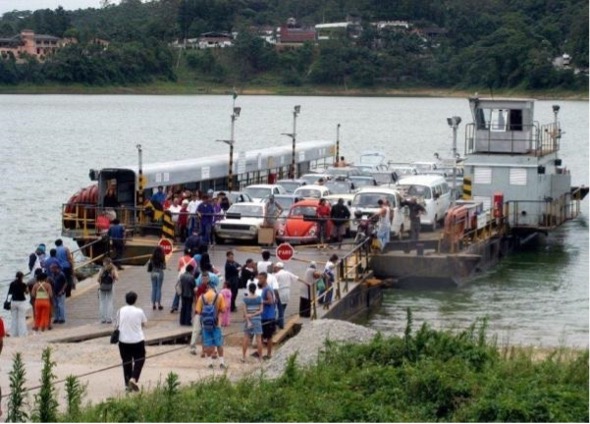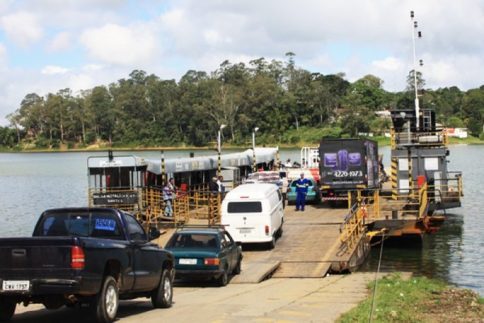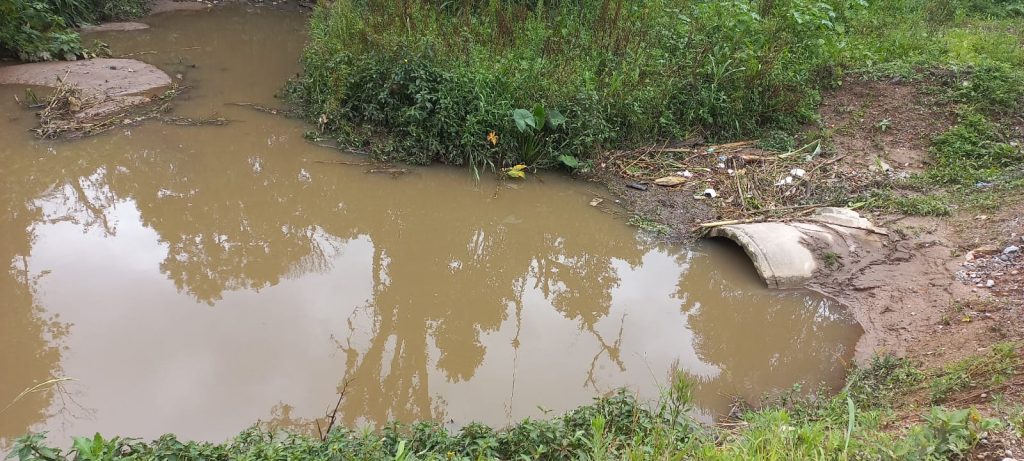Quality of life, access to clean water, basic sanitation, decent living conditions, and good education remain far from the reality of the population.
In October 2016, with the sanction, by the President of the Republic, of Decree No. 8.892 of October 27, 2016, Brazil officially adopted the 2030 Agenda together with other UN member states, with the aim of achieving the 17 Sustainable Development Goals (SDGs), which cover social, economic, and environmental objectives for a better life for all. SDG fulfillment depends on actions by governments at all levels, civil society, the private sector, and all citizens. However, while it is clear that some communities and locations in the world will reach most if not all, of the SDGs by 2030, others will continue to live in precarious situations. This is the case of the Pós-Balsa community in the municipality of São Bernardo do Campo, located in the Metropolitan Region of São Paulo.
With a population of approximately 20,000 inhabitants, representing around 2.5% of the municipality’s population, the Pós-Balsa community is socially excluded and relegated to social invisibility. Residents have no access to the basic social rights described and defended by the SDGs, and also present in the Brazilian Federal Constitution, which guarantees decent living conditions such as basic sanitation, access to health, quality education, drinking water, and quality food. Every day, it’s necessary to face precarious public transport, irregular housing, poor quality of the health system, and a disastrous educational system. Even though most of the region has only access to the ferry, which often suffers from technical problems, forcing residents to wait in line for up to 3 hours to get to other regions of the city to work, study, go to the doctor, the bank, or the supermarket.
The community is located in the Billings Dam basin, which makes the region an area of preservation and protection of water sources, requiring special care and attention from authorities at different levels (municipal, state, and federal). However, because it is located in this area, the community is abandoned, and the population is made invisible.
This situation experienced by the community goes against the commitment assumed to promote the 17 SDGs. For, from the eradication of poverty, which is the most painful point in the life of the community’s population, to Goal 17, partnerships in favor of the goals, none of them is presently implemented in the region. No health service brings well-being to the population, education is of poor quality, lack of basic sanitation, and clean water, a factor that directly interferes with the environment, as sewage is disposed of in the open.
Another finding is that the majority of the population is composed of black people (black and brown), indigenous people, women (often single mothers), poor people, or descendants, a sample of Brazilian minorities, excluded, marginalized, and constantly under-represented in the corridors of power. Also, due to a lack of education, we have a population of workers who end up gathering around jobs such as house or street cleaners, doormen, salespeople, store attendants, waiters, etc.
Community mobilization
Despite all the difficulties they face, residents of the community are looking for ways to improve their conditions and preserve the environment they regard as their home. This led them to join forces and create the Post-Balsa Solidarity Committee, which seeks to bring together in communion and solidarity the various entities and citizens of the region. Its purpose is to fight for the recognition and representation of the community, promoting actions of dialogue and solidarity, human well-being, and environmental protection in a network, in addition to democratically seeking improvements for the community and engaging in dialogue with the government to that end.
Based on the conviction that responsible social coexistence is possible, the guarantee of people’s basic rights and environmental protection and preservation throughout the Pós-Balsa region, the Committee accepts divergent points of view but seeks to converge towards consensus through reasoning and enlightened dialogue. It is also open to partnerships with the public authorities and the private sector, but it is by nature a civil society movement. One of its struggles is non-discrimination, whether due to skin color, religion, sexual orientation, gender, origin, being physically or mentally disabled, ideological convictions, or any other reason.
Challenges of achieving the SDGs in Brazil
Despite presenting some important advances in the implementation of the SDGs, Brazil’s actions are insufficient to achieve the goals within the stipulated timeframe. The strategy adopted by the country has many restrictions, such as failures in the coordination of institutions and deficiency in inclusion and transparency. Furthermore, Brazil entered the stage of implementation of the goals at a time marked by economic recession and political instability. However, the country is considered a reference in good practices related to the consolidation of the Millennium Development Goals (MDGs), which preceded the SDGs. However, as the challenges in the public sector persist, this creates doubts about the expected achievement of the SDGs by 2030.
In the Pós-Balsa community, the biggest challenges to fulfilling the SGDs are the increase in poverty, and lack of government investment in areas such as health and education. As it is a Watershed Protection area, insufficient investments in the environmental area, as well as the decrease in inspection, had negative consequences and compromised the entire SDG 9. Another challenge is inequalities, the drop in public investments in all social areas: health, education, social assistance, culture, science, and technology point to an increase in social inequalities.
Faced with so many challenges, it is not possible to expect only government measures. It is important that everyone contributes to lower rates, improve the environment, and adopt measures that help achieve global goals. The Pós-Balsa community so well that it barely understood that it could help in actions such as preserving the environment, and promoting voluntary actions that collaborate with vulnerable people, because everyone can be part of this movement.





